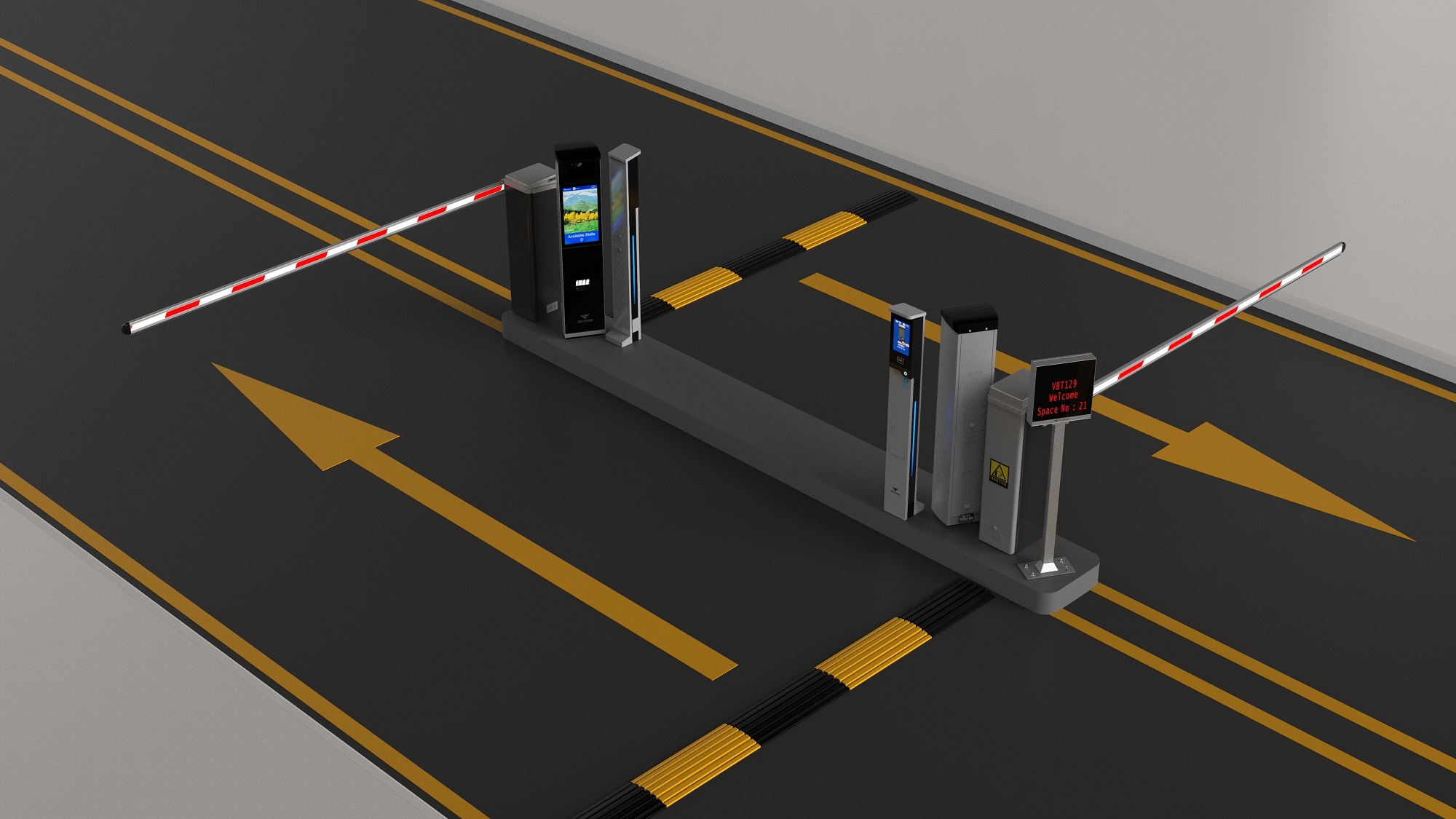Parking has always been an essential part of our urban landscape. However, the traditional approach to managing parking spaces has often been clunky, inefficient, and frustrating for both drivers and administrators. Thankfully, with advances in technology, a new era of parking management systems is dawning, promising to revolutionize the way we approach parking. Car park management systems are paving the way for smarter, more efficient parking solutions that optimize space, improve user experience, and reduce traffic congestion. In this article, we will delve into the future of parking management systems, exploring their benefits, functionality, and how they are reshaping the way we park our vehicles. So let’s buckle up and embark on this exciting journey into the world of modern parking systems!
Current Challenges in Parking Management
-
Lack of Efficient Space Utilization:
One of the key challenges in parking management is the inefficient utilization of available parking spaces. Many car parks suffer from poor space allocation and organization, leading to congestion and wasted space. This in turn creates frustration for drivers as they struggle to find suitable parking spots, causing unnecessary delays and increased traffic congestion. -
Limited Accessibility and Convenience:
Another challenge faced by parking management systems is the limited accessibility and convenience for users. Traditional parking systems often rely on physical tickets or manual payment methods, which can be cumbersome and time-consuming for both drivers and parking attendants. Additionally, the lack of real-time information about available parking spaces makes it difficult for drivers to plan and locate parking spots efficiently. -
Ineffective Traffic Flow Management:
Parking management systems also face challenges in effectively managing traffic flow within parking areas. Inefficient entry and exit procedures, combined with poor signage and guidance systems, can lead to traffic bottlenecks and confusion. This not only affects the overall user experience but also impacts the efficiency of the parking facility as a whole.
Overall, these challenges highlight the need for an innovative and comprehensive approach to parking management systems. By addressing these issues, we can revolutionize the parking experience, ensuring optimal space utilization, enhanced accessibility, and efficient traffic flow.
Emerging Technologies in Car Park Management
Car park management systems have come a long way with the emergence of advanced technologies. These innovative solutions are revolutionizing the way parking spaces are monitored, optimized, and utilized. By leveraging the power of technology, parking management systems are becoming more efficient, convenient, and sustainable.
One of the key technologies that is transforming car park management is sensor-based monitoring. These sensors can be installed in individual parking spaces to provide real-time information about occupancy. By gathering data on available and occupied spaces, parking operators can optimize parking resources and guide drivers to vacant spots, reducing congestion and enhancing the overall parking experience.
Another exciting technology in the realm of car park management is automated payment systems. Gone are the days of struggling with physical parking tickets or searching for loose change. With automated payment systems, drivers can simply enter and exit the car park without any hassle. These systems use technologies such as license plate recognition or ticketless payment methods, allowing for seamless and contactless transactions.
The integration of mobile applications in car park management systems has also been a game-changer. Drivers can now easily find parking spaces, reserve spots in advance, and even pay for their parking through mobile apps. This convenience not only saves time and reduces frustration for drivers but also enables parking operators to efficiently manage their facilities.
In conclusion, the advancements in technology have paved the way for exciting developments in car park management systems. Sensor-based monitoring, automated payment systems, and mobile applications are just a few examples of the emerging technologies that are transforming the parking industry. These innovations promise to enhance the efficiency, convenience, and sustainability of parking management, ultimately improving the overall parking experience for drivers.
Benefits of Implementing Advanced Parking Systems
With the advent of advanced parking systems, car park management has been revolutionized, offering numerous benefits to both drivers and parking facility operators. These systems leverage advanced technologies to streamline parking processes and enhance the overall parking experience. Let’s explore some key advantages of implementing these innovative parking management systems.
-
Improved Efficiency: Advanced parking systems utilize real-time data and automated processes to optimize parking space allocation. With the help of sensors, cameras, and smart algorithms, these systems can accurately monitor parking occupancy and guide drivers to available parking spaces. By eliminating the time spent searching for a parking spot, drivers experience reduced congestion, improved traffic flow, and more efficient use of parking spaces.
-
Enhanced User Experience: One of the significant benefits of advanced parking systems is the improved user experience for drivers. With features like mobile apps, online reservations, and smart payment options, drivers can conveniently locate parking spaces, reserve spots in advance, and seamlessly pay for their parking sessions. This eliminates the hassle of carrying cash, waiting in long queues, and struggling with parking meters, resulting in a more convenient and user-friendly parking experience.
-
Increased Revenue and Cost Savings: For parking facility operators, advanced parking systems bring the potential for increased revenue and cost savings. By efficiently managing parking spaces and maximizing occupancy rates, operators can generate higher revenue streams. Additionally, the automation of various parking processes reduces the need for manual intervention, leading to cost savings in terms of labor and operational expenses. These systems also enable data-driven decision-making, enabling operators to analyze parking trends, optimize pricing strategies, and implement targeted marketing campaigns.
Implementing advanced parking systems holds immense potential to transform the way we manage parking. By embracing these innovative solutions, we can expect improved efficiency, enhanced user experiences, and increased revenue for parking facility operators. With technology continually advancing, the future of parking management systems looks promising, enabling a seamless and hassle-free parking experience for all.

